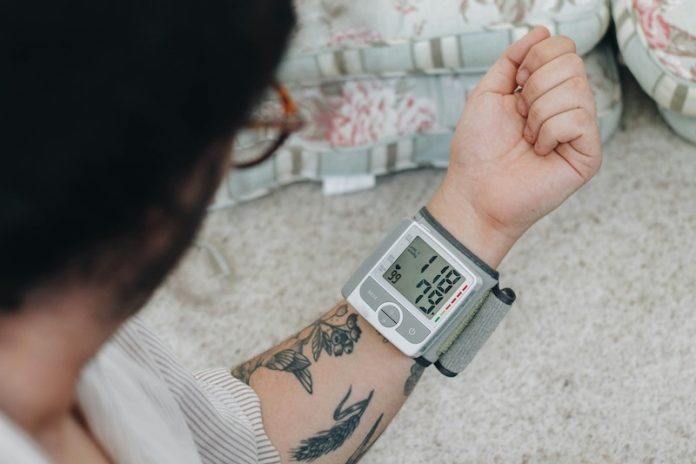
A new study has shown that lowering blood pressure more than usual can help prevent serious heart problems in people who are already at high risk. This approach could save many lives and reduce the number of heart attacks, strokes, and deaths related to heart disease.
High blood pressure, also called hypertension, is very common. It happens when the force of blood pushing against the walls of the arteries is too high.
This can damage blood vessels and lead to heart problems, strokes, kidney issues, and other health complications over time. Many people don’t know they have high blood pressure because it often has no symptoms. That’s why it’s sometimes called the “silent killer.”
Usually, doctors aim to lower the top number of a person’s blood pressure (called systolic pressure) to below 140 millimeters of mercury (mm Hg). But in this study, researchers tried something different. They tested whether aiming for a lower number—below 120 mm Hg—would bring better results.
The study was called the Effective Systolic Pressure Reduction Intervention Trial, or ESPRIT. It took place in China and involved people who had a high risk of developing serious heart issues. These people were given either the usual treatment to keep their top blood pressure number below 140, or a more intensive treatment to keep it below 120.
The results were impressive. People who received the more intensive blood pressure treatment had a 12% lower chance of having major heart problems. These included heart attacks, strokes, deaths from heart disease, and needing medical procedures like surgery to improve blood flow.
Even more striking, deaths from heart problems were reduced by 39% in the group that received more intensive treatment. And when looking at all causes of death—not just heart-related ones—this group had a 21% lower risk of dying from any reason.
This suggests that bringing blood pressure down to below 120 mm Hg might help people live longer, healthier lives.
The researchers also checked for safety. Some people worry that lowering blood pressure too much might cause problems, like feeling dizzy, falling, or having kidney issues. In this study, the intensive treatment did not lead to a big increase in serious side effects.
There were only small increases in problems like fainting, and these were rare. The risk of serious kidney issues or dangerous drops in blood pressure did not go up much in the group with lower blood pressure targets.
These results suggest that for people at high risk of heart disease, aiming for a lower blood pressure could offer big benefits. It could lower the risk of major heart events, help prevent early death, and possibly improve overall health without causing many extra side effects.
This study gives strong evidence that more intensive blood pressure treatment can help high-risk patients live longer and avoid serious heart problems.
The key finding is that keeping the systolic blood pressure under 120 mm Hg is more effective than the traditional goal of under 140 mm Hg. This is especially important for people who already have a higher chance of developing heart disease.
What makes this study more convincing is that the researchers carefully checked for safety. They found that while there was a slightly higher chance of fainting, there was no major increase in serious health risks. This is important because it shows that aggressive treatment can be done safely with proper medical care.
However, this approach might not be right for everyone. It requires regular checkups and careful monitoring. People who are older or already have other health problems might need a more tailored plan. But for many high-risk individuals, this strategy could be life-saving.
In short, this study supports a stronger approach to treating high blood pressure—one that could change how doctors help patients prevent heart disease and live longer lives.
If you care about high blood pressure, please read studies about unhealthy habits that may increase high blood pressure risk, and drinking green tea could help lower blood pressure.
For more information about high blood pressure, please see recent studies about what to eat or to avoid for high blood pressure, and 12 foods that lower blood pressure.
Copyright © 2025 Knowridge Science Report. All rights reserved.



